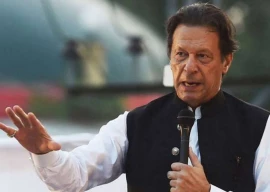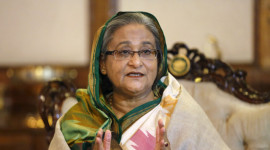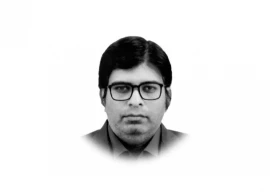
Clean drinking water is rapidly becoming scarce in Pakistan, and the need for stringent regulatory measures has never been more urgent. The scarcity of clean drinking water has profound socio-economic implications. It disproportionately affects marginalised and low-income communities, exacerbating existing inequalities. The high cost of bottled water, perceived as safer than tap water, places an additional financial burden on these communities.
Recognising this, the Sindh High Court has recently directed federal and provincial authorities to ensure that bottled water available in the country is genuinely safe, clean and beneficial for consumers. A two-judge bench mandated all bottled water companies to submit comprehensive details of their water purification and bottling processes. This includes sources of water, the filtration process, and any additional treatments or additives used to ensure water purity. Although Pakistan's Constitution does not explicitly recognise the right to water as a fundamental human right, it is implied within broader fundamental rights, particularly the right to life under Article 9 and the right to human dignity under Article 14. The apex court has therefore placed an obligation on the state to ensure the provision of clean and safe drinking water to all citizens. And to prevent any lapses or violations, the court has called for regular, unannounced inspections and stringent testing protocols. The effectiveness of this measure depends heavily on the rigorous implementation and continuous oversight by regulatory bodies such as the Pakistan Standard and Quality Control Authority and the Pakistan Council for Research in Water Resources. These agencies must play pivotal roles in the verification process, ensuring that water meets both national and international standards for safety and quality.
Despite judicial recognition, challenges will persist in effective implementation of this right through appropriate regulatory and enforcement mechanisms. The Sindh High Court's directive is a step in the right direction, but it requires unwavering commitment and action from all stakeholders involved.






1723006281-0/BeFunky-collage]__-(9)1723006281-0-270x192.webp)







COMMENTS
Comments are moderated and generally will be posted if they are on-topic and not abusive.
For more information, please see our Comments FAQ